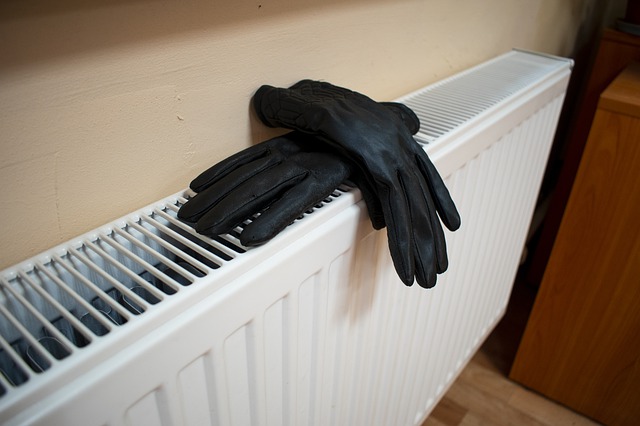
Image by Elizaveta Maximova from Pixabay
May 5, 2025 - The President’s FY 26 Budget for the Low-Income Home Energy Assistance Program (LIHEAP) would eliminate $4 billion in assistance to 6 million very low-income households that rely on LIHEAP to pay their home heating and cooling bills.
The President’s proposal to gut federal support could not come at a worse time for the households served by LIHEAP. One-out-of-six families are currently behind on their home energy bills and the total amount these families owe for their utilities is approximately $21 billion, the highest level since 2021 and up by about 30 percent since the end of 2023. In addition, 37.4 percent of families earning less than $50,000 a year reported in a recent Census survey that they were unable to pay an energy bill at least once in the past 12 months.
According to Mark Wolfe, Executive Director of the National Energy Assistance Directors Association (NEADA). I am very disappointed that the administration is seeking to zero-out LIHEAP funding in their next budget. Low-income families need support next year and beyond to pay their home energy bills, especially as electric and gas prices continue to soar as well as the new tariffs are driving up prices for essential goods that low-income families rely on.
The Administration’s budget proposal is full of inaccuracies:
First, it cites a 15-year-old GAO report that identified potential cases of fraud. While states did not agree with many of the claims in the report, it resulted in the establishment of a joint HHS/state task force to modernize the application process, increase program integrity, and increase the frequency of state program audits. As such, all of the issues identified in the now 15- year-old report have been more than adequately addressed.
Second, the administration cites utility disconnection laws as suitable protection for low-income families. Utility disconnection rules only delay payment. They do not eliminate the bill. Once the moratorium expires, the family is responsible for a payment they could never afford and without LIHEAP even more families would face shut-off conditions.
Third, the Administration bemoans that New York and California are some of the largest recipients. It should come as no surprise that a program helping low-income families would have larger allocations to states with higher populations. LIHEAP is a national program, providing grants to all 50 states, DC, territories and tribes. If program funding were ended, millions of low-income families across the country – not just in New York and California – would struggle even more to pay their home energy bills.
Source: NEADA







